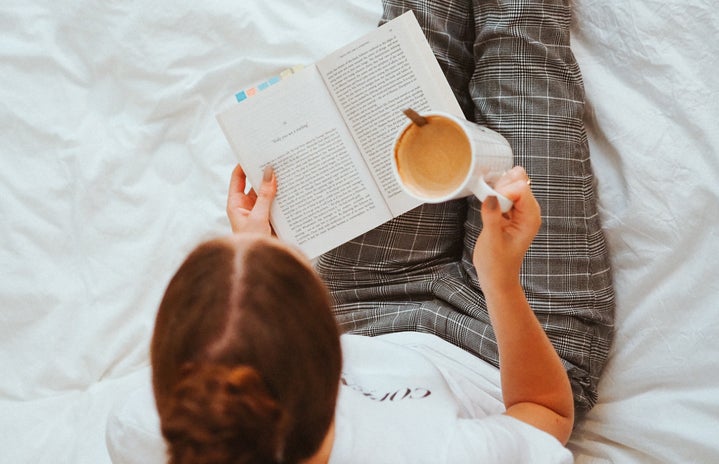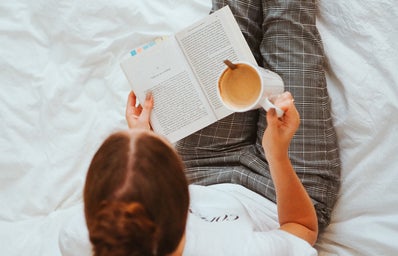Aimlessness is a common feeling when it comes to social media: liking photos, scrolling through stories, pulling up to refresh every five seconds. Before you know it, ten minutes have passed. Then twenty. Suddenly, you’ve wasted an entire hour doing nothing but staring at your phone.
It’s so easy to waste your time when flicking through pictures on Instagram or swiping through videos on TikTok. Now especially, in our new COVID–altered world, computers, phones, and social media are our lifelines to the rest of society. It’s practically impossible to spend time with our friends and family the same way we did before the pandemic — and even then, teenagers would still spend over seven hours a day on a screen.
There’s an abundance of think pieces on the Internet for you to find with a simple Google search: “9 Steps to Disconnect from Social Media and Connect With Life Again,” “9 subtle ways technology is making humanity worse,” “Why You Need To Quit The Internet,” etc. Ultimately, for many people, it’s a common agreement that social media is bad for us. We’ve heard the talking points: social media makes you more dissatisfied with your life; the more we’re online, the more alone we feel; we become passive players in our own lives.
To put it succinctly, we’re doing nothing.
This is where Jenny Odell comes in.
Odell is an artist and author based in Oakland, California. Two years ago, she wrote a book called How to Do Nothing: Resisting the Attention Economy. The book isn’t about what you may think; it’s not the type to hand out nuggets of advice on how to unplug and smell the fresh air (you’d be better off checking How To Break Up With Your Phone by Catherine Price for that).
No, How to Do Nothing explores a lot of different ideas and areas. Yes, it covers social media and its focus on profit, and it talks about productivity — but it also discusses capitalism, colonialism, and how we interact with the environment.
Odell describes how technology has destroyed the barriers between work and leisure. “What we are left with,” Odell writes, “[are] 24 potentially monetizeable hours … that we can no longer justify spending on ‘nothing.’ It …is simply too expensive.”
She argues that we should be doing nothing —just not a nothing that’s focused on social media. We don’t have to disconnect from technology, but we should be actively doing something that makes us happy. We don’t have to be productive all the time; it’s okay to sit in the park for an hour and immerse yourself in your surroundings. It’s okay to sit outside and just stare up at the sky.
Technology can actually amplify our relationship with the world around us, if used right. One small example Odell gives is using the app iNaturalist, where you can walk around a park and identify the plants you’re passing using the app.
The endeavor isn’t remotely productive in the slightest…but it’s enjoyable. It makes you happy. That’s more than enough.
Social media is draining because it’s designed to be. We pick up our phone to go on TikTok for five minutes, which turns into ten, which turns into twenty. All the while, the homework that’s due in an hour is sitting in front of us, and when we’re able to put down our phones, guilt and panic rush in. That sort of “doing nothing” isn’t healthy at all.
But resting? Recharging yourself? Actively engaging in the world around you? That sort of “doing nothing” reminds you that life is about more than just being another cog on the wheel.
Technology itself isn’t the villain, no matter what the headlines like to claim, as long as you remember that it’s a tool to be used. If you use it to remain active in your own life, it can actually help you become more involved in the world around you and revitalize the energy you lose during the day.
Jenny Odell puts it best. You need to learn how to do nothing properly, she says, “[because] it’s a reminder that you’re alive.”


